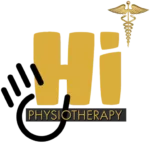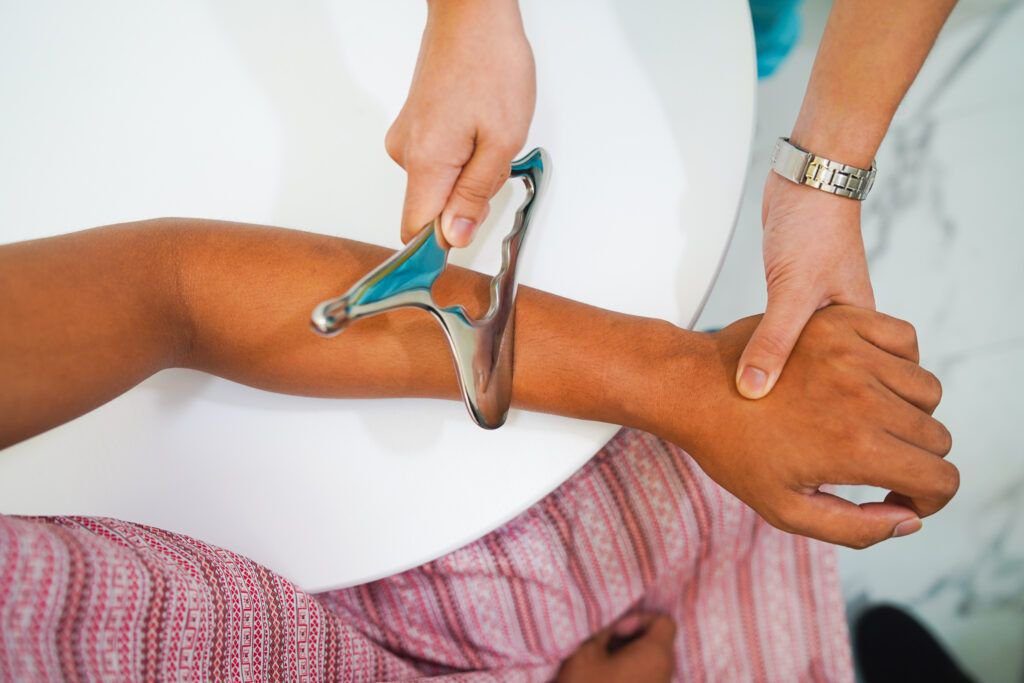Hi-Physio Physical Therapy Clinic aims to offer an advanced scope Physical Therapy service incorporated with latest clinical and technological advancements within your reach. We are a team of Physical Therapists skilled with a unique clinical approach.
Share us on:

Copyright 2023© hiphysioph.com®. All rights Reserved

